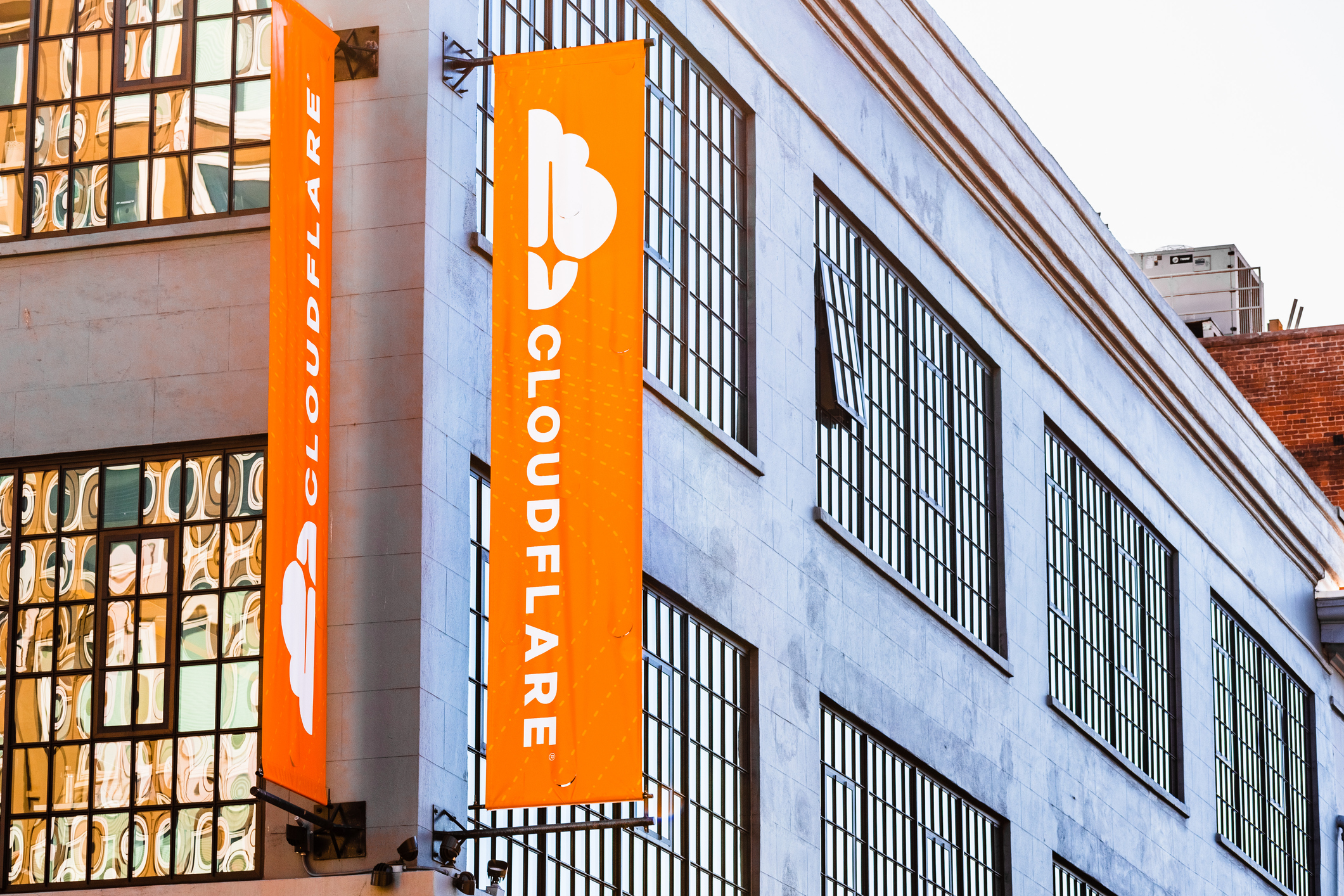- Thread Starter
- #26
As You may see, in this (and other threads on this forum) i vote for CF as for DNS/proxy service, not as for reliable storage service.While in a mathematical sense you are correct, in a practical sense you are not. Other storage service providers have outage statistics that are MUCH MUCH better than Cloudflare. But even if that doesn't worry users, the real worry is that it indicates that their engineering has a cavalier attitude towards reliability.
From my point of view for small-middle companies are only one type of storage: own storage system with 2+ controllers connected by FC cables and FC switches 2+ 10-15k rom HDD shelfs. From GOOD manufacturer like IBM, EMC, Toshiba,... hardware and ZFS filesystem.
In common sense You are right. But in real world MUCH MORE DANGEROUS RIGHT NOW are the situation when russia using chemicals weapon in Ukraine, targeting the nuclear power plants (and occupy one - in Zaporizzya), blocking a Black Sea (which lead to mass dies in poor countries in East and Africa), and make a public messages that “ready to shoot US by strategic nuclear weapon”...Yes, but Cloudflare's track record of leaking information demonstrates, yet again, that they are careless and/or incompetent. Significantly worse than other providers.
But the real problem with Cloudflare is not that they are bad at what they should be doing (providing a reliable service, without data leakage). The real problem is that Cloudflare explicitly and deliberately serves customers that it knows are doing things that are either outright illegal (such as killing people, they were the provider to ISIS/ISIL), or ethically very bad but not yet illegal (such as providing the backend for 8chan, which various hate groups connected to mass shootings have used as a platform to organize themselves). While nobody has been able to prove that Cloudflare is itself a criminal enterprise, it willingly provides service to criminals and terrorists.
Interestingly, it has that in common with the cryptocurrency industry: While it might have been originally well-intended, today it is mostly a tool of scammers and organized crime; plus fools who think they can make a fortune from it (and usually end up poorer).
And officially russia make friendship with Taliban and ISIS/ISL.
And all of this right now, from 24 Feb of 2022.
Or may be You forgot russian attacks on fuel pipes structures of US recent year?
In which world real or digital a You live now???
P.S. I purpose return to topic.


